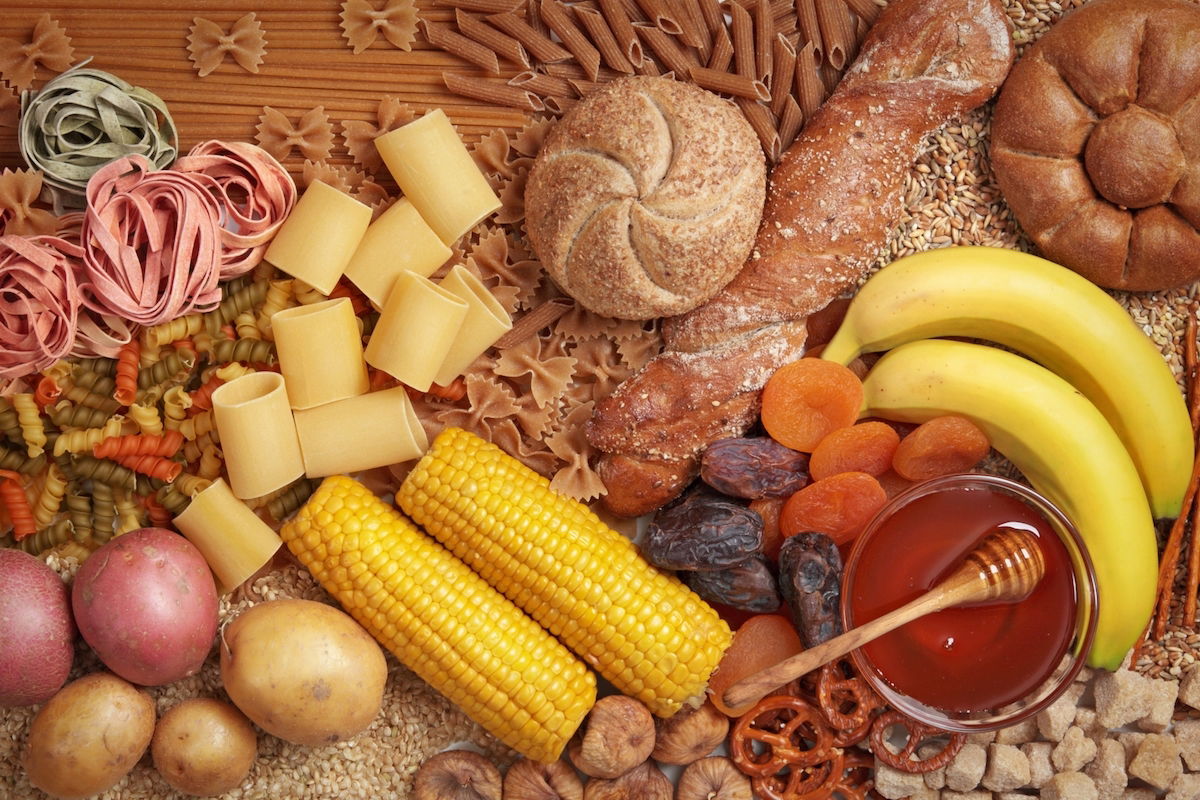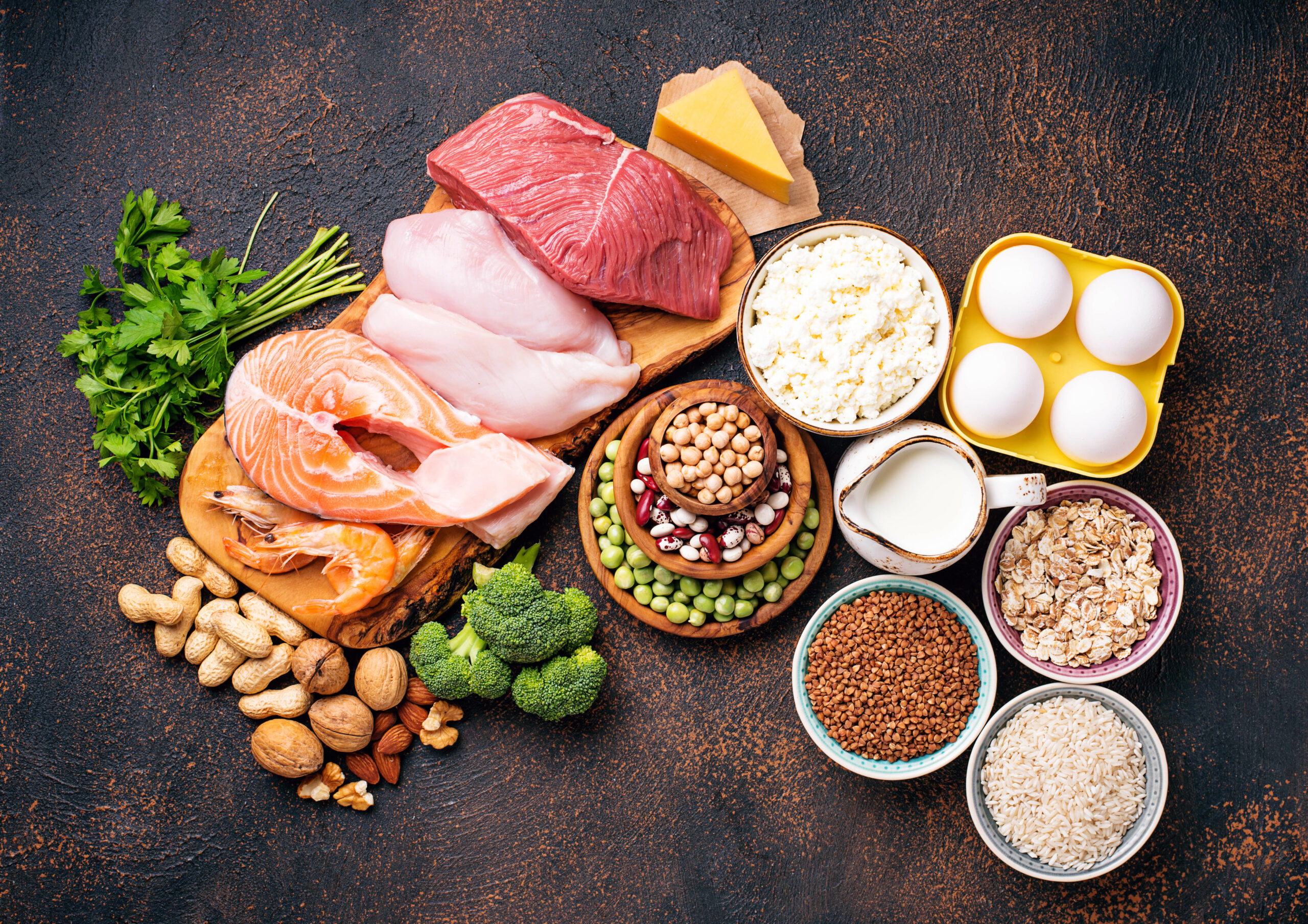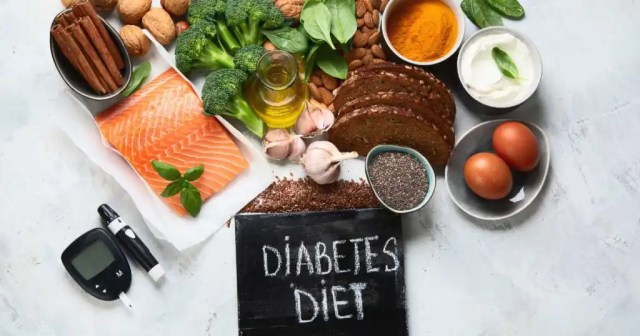When it comes to diabetes, proper nutrition and dietary re-education have long been known as essential tools—not only for managing and stabilizing the disease but even for potentially reversing it in its early stages, such as prediabetes.
However, the internet is filled with mixed information about food and diabetes—from fake news to nutritional fearmongering, with some facts hidden in between. So, how do we filter through all of that? How can we tell what’s truly useful? That’s where I come in—to help guide you through a clearer understanding of nutrition in the context of diabetes.
Nutrition: Understanding Macronutrients and Micronutrients
Macronutrients
Macronutrients are the nutrients our bodies need in larger amounts, and they include carbohydrates, proteins, and fats. Each plays a vital role in energy production, tissue repair, and overall bodily functions.

- Carbohydrates are our body’s quickest energy source—ideal for those who are frequently active or prepping for workouts. They provide 4 kcal per gram.
- Fats serve as a secondary energy source. They aid in vitamin absorption, hormone production, and energy storage, offering 9 kcal per gram.
- Proteins come third in line for energy but are essential for tissue repair and maintenance. That’s why protein is a favorite among people aiming to build lean muscle.
Micronutrients
As the name suggests, micronutrients are needed in smaller amounts—but they’re just as essential. These include vitamins and minerals, which support the immune system, hormone production, enzyme activity, and cell and tissue formation.
Carbohydrates and Diabetes

Carbohydrates break down into glucose, which fuels our body—but for people with diabetes or insulin resistance, glucose can accumulate in the blood, causing sugar spikes.
Simple carbs (like sugary snacks, white bread, and soda) are digested quickly and often cause rapid blood sugar spikes. In contrast, complex carbs (found in whole grains, legumes, vegetables, and fruits) digest more slowly, helping maintain stable blood sugar levels.
Instead of cutting carbs entirely, focus on carb quality and quantity. Techniques like carbohydrate counting can be helpful. It’s about making smart choices—not eliminating an essential nutrient.
The Role of Protein

Protein is vital for tissue repair and muscle maintenance. It helps with blood sugar stability, promotes satiety, and does not spike glucose levels like simple carbs do.
Choose lean protein sources like chicken breast, fish, eggs (in moderation), and legumes. Spread your protein intake across meals throughout the day for optimal benefits and blood sugar management.
Fats: Not All Bad
Healthy fats are key players in blood sugar control and heart health. Unsaturated fats found in foods like avocado, olive oil, nuts, and oily fish reduce inflammation and support metabolic health.
Avoid trans fats and saturated fats from processed foods and fried items, as they increase insulin resistance and bad cholesterol (LDL).
Building a Diabetic-Friendly Diet

- Low-glycemic, high-fiber carbs: Whole grains, vegetables, legumes, and fruits with skin release glucose gradually and improve satiety.
- Meal distribution: Eat small meals every 3–4 hours to keep glucose levels stable.
- Limit processed and sugary foods: Minimize fast food, soda, and candy. Peel more, unpackage less.
- Include healthy fats: Avocados, nuts, olive oil, and omega-3-rich fish support metabolic and heart health.
- Hydration: Drinking water aids kidney function and helps control hunger signals often confused with thirst.
The Importance of Healthy Eating

A diabetic diet should be customized to each person’s needs, focusing on blood glucose control and complication prevention. A balanced diet with low-glycemic carbs, lean proteins, healthy fats, and fiber—paired with a healthy lifestyle—can help you live better, longer, and with more energy.
By adopting these practices, you’re taking care of your health in a practical, effective, and evidence-based way, leading to better diabetes control and an improved quality of life.
Looking for more tips? Subscribe to our newsletter for expert-backed insights on managing diabetes through nutrition!
Check more here: https://www.vivviral.com/category/living-with-diabetes/
Looking for more examples of foods: https://diabetes.org/food-nutrition/food-and-blood-sugar/diabetes-superstar-foods



Pingback: TOP 5 hints to Understanding the Impact of Diet and Supplements on Diabetes Health - Diabetes Zero: The Truth About Diabetes
Pingback: Exploring the Benefits of the TOP 1 Natural Ingredients in Diabetes Nutrition Products - Diabetes Zero: The Truth About Diabetes